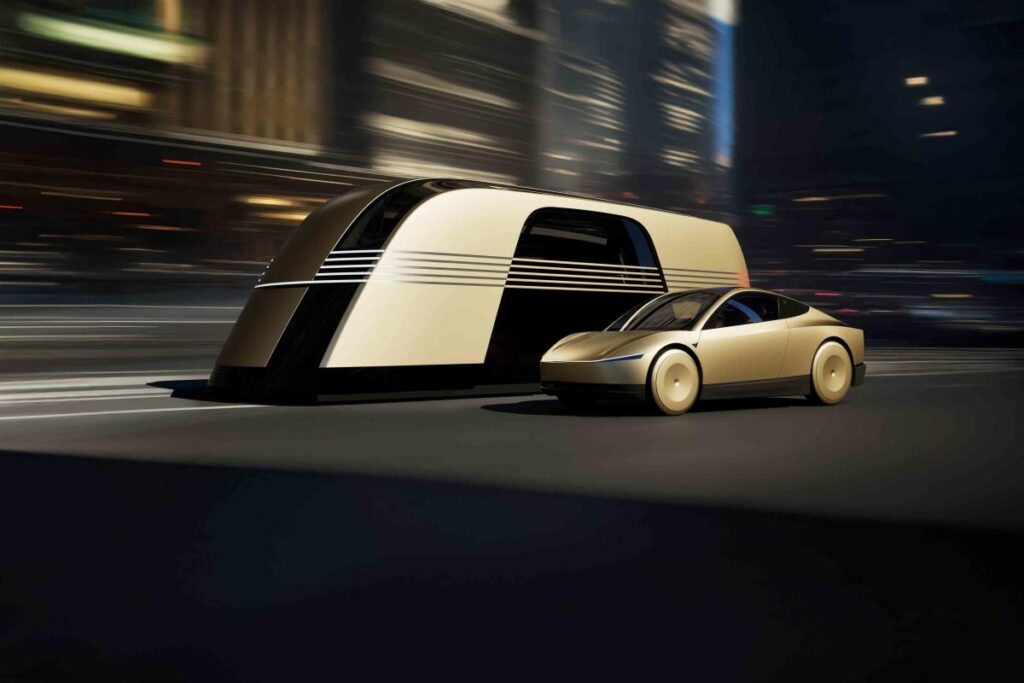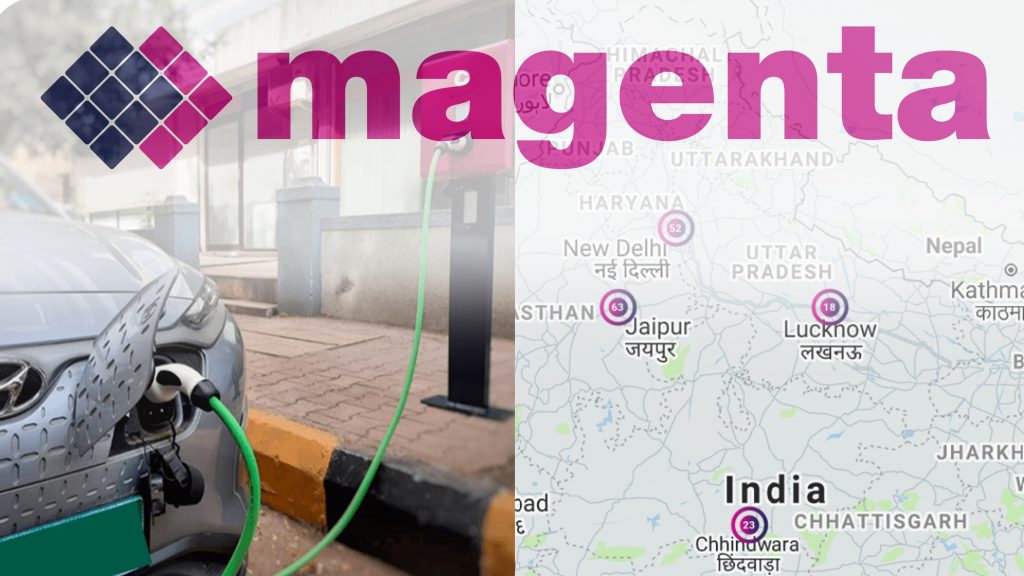Tesla’s stock price plummeted by nearly 9% on Friday following the company’s highly anticipated robotaxi event, which failed to impress investors. Investors were disappointed by Cybercab’s debut.
Musk announced that Tesla aims to start producing the Cybercab before 2027, but offered no specifics regarding production locations or the vehicle’s range and speed capabilities. He also stated that consumers can expect to purchase a Cybercab for under $30,000.


In addition to the Cybercab, Musk revealed plans for an autonomous electric Robovan capable of carrying up to 20 people or transporting goods. While the Robovan holds potential for addressing high-density transportation needs, investors were more focused on the Cybercab and its implications for Tesla’s future.
Following the event, analysts from Jeffries and Barclays expressed their disappointment with the lack of near-term opportunities highlighted by Tesla. Barclays noted that the event primarily emphasized Musk’s vision for a fully autonomous driving future, rather than providing concrete updates on FSD progress or data reflecting system improvements.
Read More: Schumacher Makes Public Appearance After 11 Years
Piper Sandler Predicts Tesla Stock Sell-Off Following Cybercab Unveiling
Piper Sandler analysts echoed this sentiment, stating that the robo-taxi unveiling would likely disappoint most trading-oriented firms. They predicted a potential sell-off in Tesla’s stock in the coming weeks as pre-event momentum fades.
Morgan Stanley analysts were particularly critical of Musk’s failure to address specific areas of interest, such as improvements to Tesla’s FSD system or details on rumored plans for a collaboration between Tesla and xAI, Musk’s AI company. They expressed disappointment with the overall substance and detail of the presentation, anticipating downward pressure on Tesla’s stock following the event.
It’s evident that Tesla’s vision of a fleet of self-driving cars on public roads is still years away, and regulatory hurdles regarding safety features will need to be addressed. Analyst Paull Miller from Forrester emphasized the challenges of offering a new vehicle at a price point of $30,000 within the projected timeframe, citing the potential need for external subsidies or losses on each vehicle to achieve such a price point.
Alphabet’s Waymo remains one of the few companies that have successfully launched self-driving cars on public roads, offering its robotaxi service to the general public since June. While Tesla’s Cybercab and Robovan represent significant steps towards autonomous transportation, the company faces significant challenges in realizing its vision and meeting investor expectations.
FAQs
Tesla’s shares fell by 9% following the Cybercab unveiling due to investors’ disappointment with the lack of concrete details and near-term opportunities presented.
The lack of specific information regarding production locations, range, speed, and near-term availability of the Cybercab, combined with the absence of significant updates on FSD progress, contributed to investor disappointment.
Analysts from various firms, including Jeffries, Barclays, Piper Sandler, and Morgan Stanley, expressed disappointment with the event, citing the lack of near-term opportunities, insufficient details, and the failure to address specific areas of interest.




